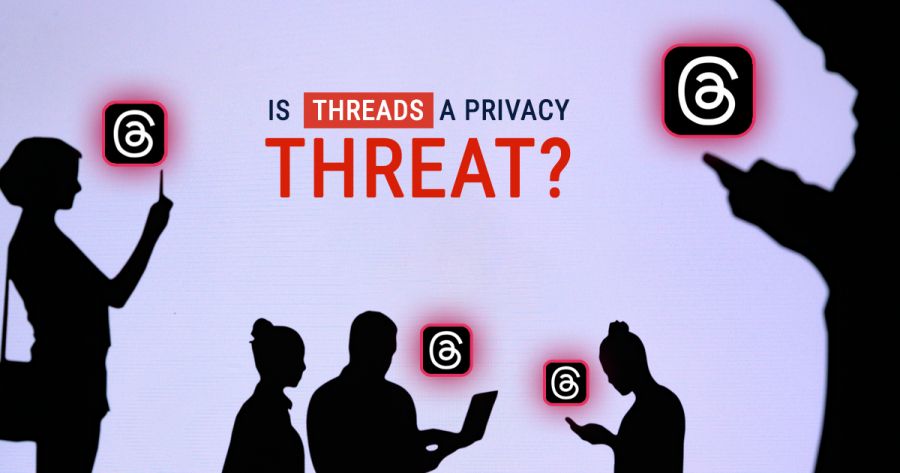Apple’s new device fingerprinting rules send clear privacy message to developers
NOT A ONE-TIME CHANGE
Apple is no stranger to the privacy game, as this move is only the latest in a series of policy updates designed to strengthen data access and usage policies across its platforms and devices.
The most significant of these changes was the introduction of App Tracking Transparency in iOS 14.5 in 2021. That update required apps to request end-user permission to track activity across other apps and websites. Opting in allowed developers to use Apple’s IDFA identifier to share activity with third party data brokers and marketing agencies. Opting...



